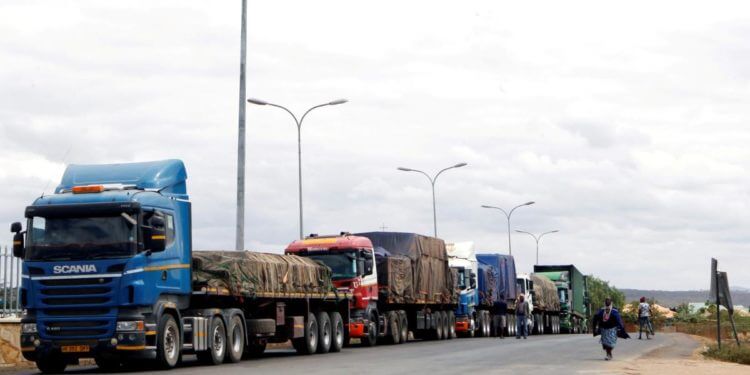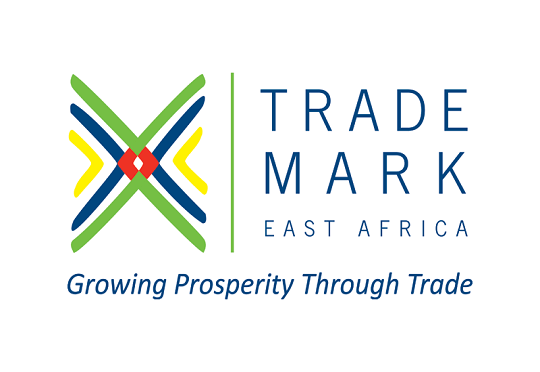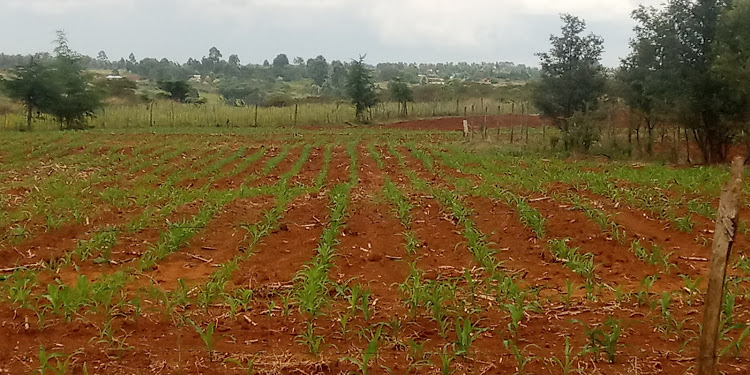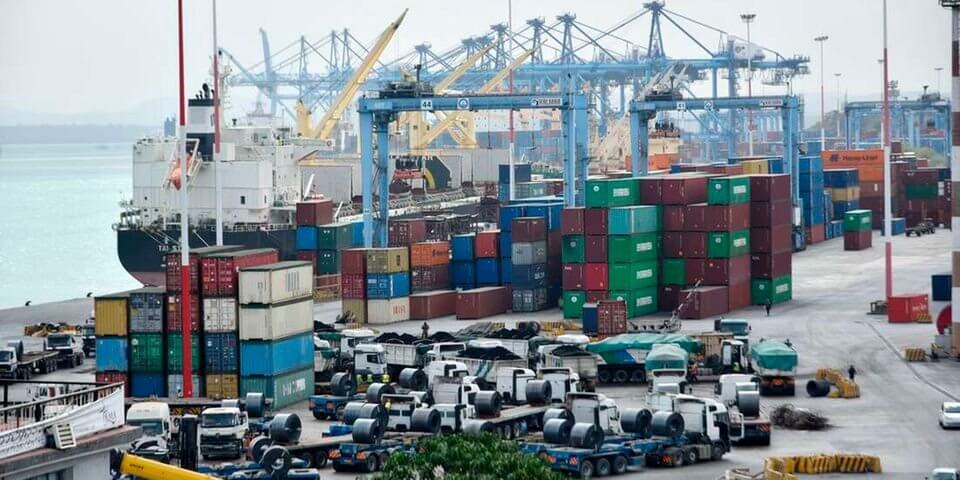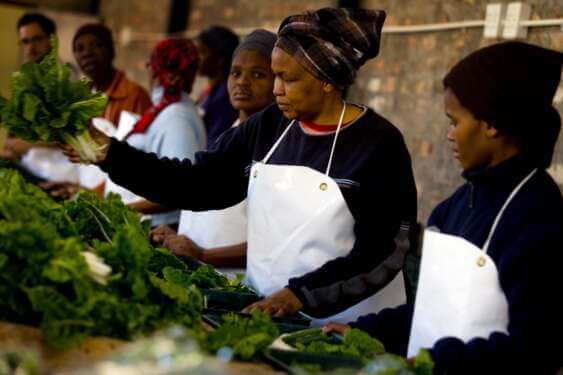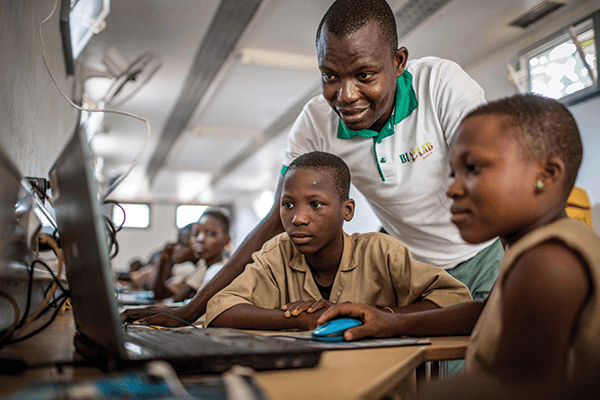The COVID-19 pandemic has claimed over 100,000 African lives and nearly 4 million cases have been recorded so far. Africa’s COVID-19 story is one of nuances. Only 10 countries account for over 80% of all cases, island nations suffer peculiar impacts, rural-urban differentiation is evident, socioeconomic implications reveal gender biases, and trade patterns matter. There is no single Africa COVID-19 story. Addressing COVID-19 in Africa and designing appropriate remedial strategies requires a thorough understanding of Africa’s diverse contexts and an appreciation of the role of regional integration in defining solutions. UNDP Africa’s new report: “Analysing long-term socio-economic impacts of COVID-19 across diverse African contexts” examines the effect COVID-19 will have on macro-economic development in 10 African countries by 2030 and 2050. The study highlights the multifaceted economic and social consequences of the COVID-19 pandemic across Africa, including on human development indicators, economic interdependence, and growth and resilience patterns. Changes in mortality, economic growth and international financial flows in Angola, Cabo Verde, Chad, DRC, Ethiopia, Kenya, Mali, Mauritius, Nigeria and South Africa are analysed in the document. The report also assesses the longer-term impacts on trade, economic growth and health indicators and proposes actionable solutions. Read original article
Analysing long-term socio-economic impacts of COVID-19 across diverse African contexts
Posted on: March 16, 2021
Posted on: March 16, 2021


